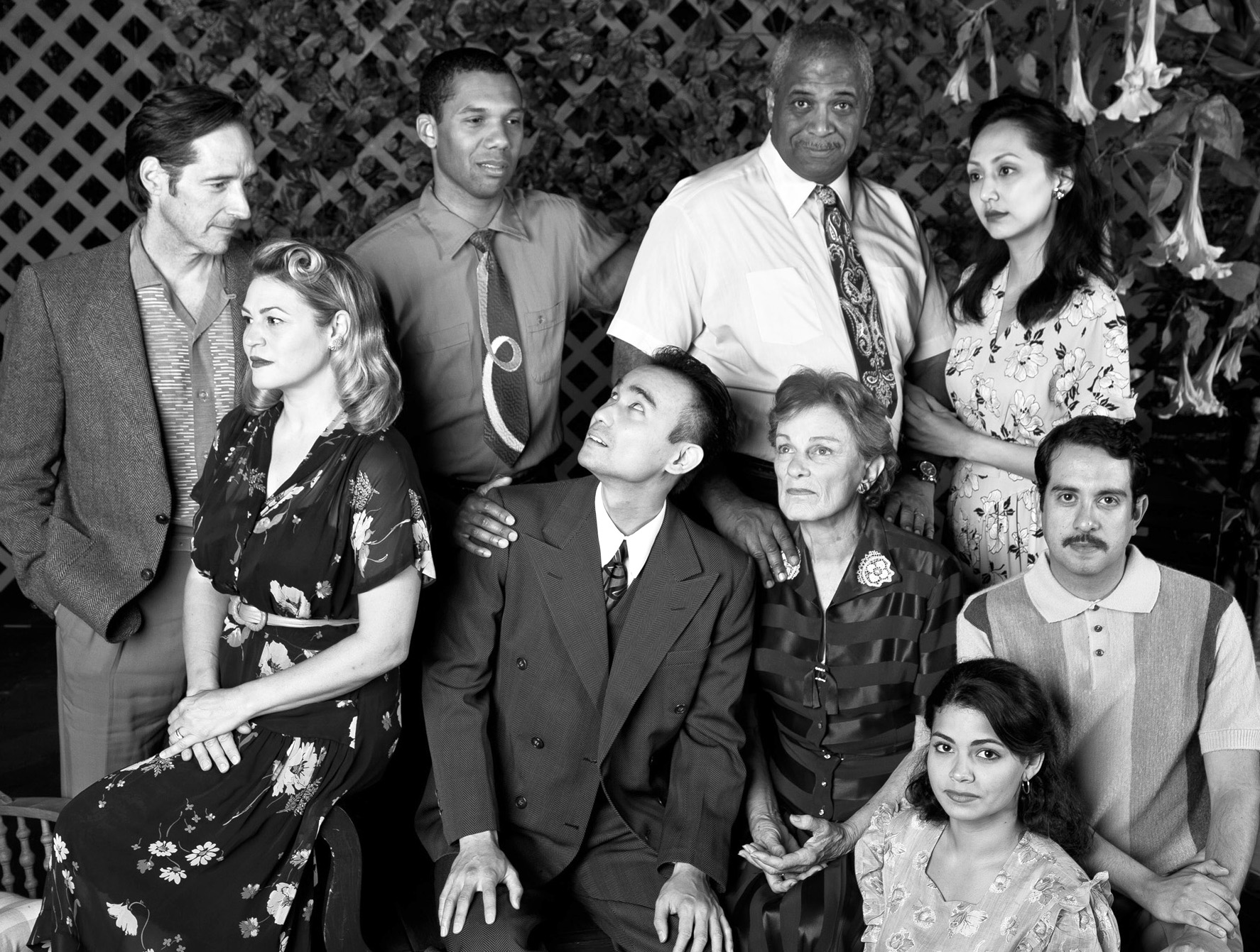UCLA alum Joseph Stern produces Arthur Miller’s classic play “All My Sons” with multi-ethnic cast to highlight racial issues

By Spencer Pratt
Oct. 17, 2011 11:09 p.m.

In 1947, the opening show of Arthur Miller’s play “All My Sons” featured a racially homogeneous cast. This year, a revision to that play has been made. The casting is multi-ethnic, and for a very specific reason.
“The play that Miller wrote is about all wars “¦ the issues of denial, guilt and avarice are issues that are universal “¦ after (a) few minutes of the play “¦ color recedes. It just becomes about human beings,” said Joseph Stern, the producer of the play and a UCLA alumnus.
The play tells the story of Joe Keller and Steve Deever, partners in a machine shop during World War II. Keller and Deever turned out airplane parts that were defective, even though they knew that they were unfit for use. Their poor judgment caused the accidental deaths of many men.
“All My Sons” is the final installment in a trilogy of plays produced by Stern in the last three years. All of the plays focus on the issue of race in America. But Stern said he has not always produced plays that are racially driven.
“I had a classical theater company for about 30 years “¦ about four years ago, I decided that I wanted to abandon that and deal only with the subject of race,” Stern said.
According to Stern, this play fit into the trilogy in a way that was very different from the other two plays because it was not written with racial undertones. The other two plays, however, were written with the intent of dealing with race.
“One was original, the other had been done before. So this was another way of dealing with race by casting it multi-ethnically ““ a play that was written for all whites in the ’40s,” Stern said.
Though this version of the play has tacked on the issue of race in addition to Miller’s artistic agenda, Stern said the original message of the play remains intact and is still relevant to the human condition.
“It’s a play for all time. The issues are all human issues that we all deal with, no matter what generation or what time,” Stern said.
Taylor Nichols, an alumnus of the UCLA Extension School of Journalism who will play Dr. Jim Bayliss, also said that the play’s themes are timeless.
“With the wars that the United States is in and the profiteering of those wars “¦ the theme of the play could be written today,” Nichols said.
The play also examines the question of responsibility to oneself and to one’s family versus the individual responsibility to the greater outside world, Nichols said. He also said that this theme should resonate with college students.
“I think that college students will totally grasp the idealistic feelings of the son and the realities of the father “¦ There are three good mid-20s roles in the play “¦ and they struggle with the idealism of life, and how you have to make compromises to live,” Nichols said.
Though the intangible concepts of the play are timeless, the set design is not, since the play takes place in the years immediately after WWII. Chuck Olsen, prop shop supervisor at the UCLA School of Theater, Film and Television and prop designer for the play, said that he had to approach the prop-making in a way that kept the historical integrity of the play.
“There was no talk about changing the period “¦ I looked for furniture and got the hand props “¦ I bought a lot of stuff and had to treat it “¦ and (I) created a look that fit the feel of the period,” Olsen said.
Social commentary aside, audiences should not overlook the fact that the play still offers the prose of a celebrated American playwright, Nichols said.
“It’s a treat to say Arthur Miller’s lines. So much of the work that I do is TV, and TV is great,” Nichols said. “It pays a lot of money, it’s a lot of fun “¦ but you don’t get to say poetry within real life situations …It’s made me realize how important prose is.”

